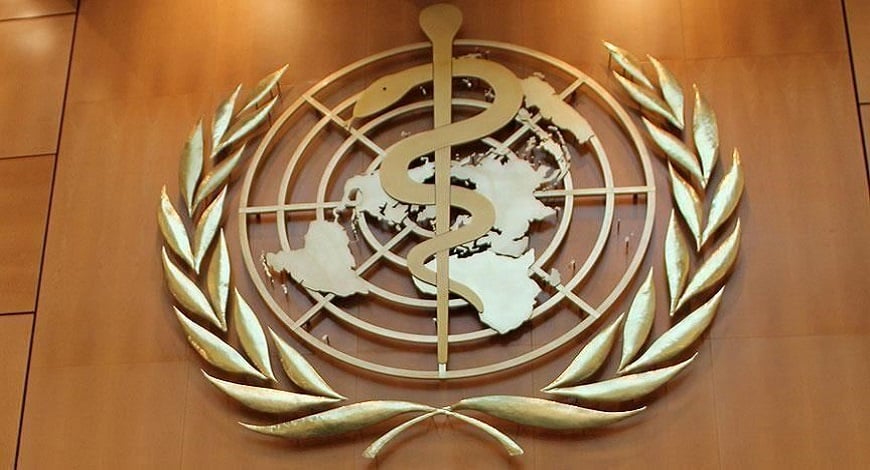Hospitality emphasises the ability to exchange friendly and generous reception between businesses, guests and strangers. The complex nature of the future travel and tourism industry directs the converging forces towards the hospitality industry to develop progressive strategies in response to increasing economic turbulence.
Within the hotel sector, particular emphasis on emerging opportunities like sustainability and digitisation is quickly shaping the strategic agenda in this competitive sector. It is envisaged that the hospitality industry will differ completely from today, owing to developments in artificial intelligence and smart technology. Studies have shown that the tourism industry accounts for almost one-tenth (8%) of greenhouse gas emissions worldwide, and a study by UK national charity Waste and Resources Action Programme (WRAP) showed that the UK’s hotel industry alone produces more than 319,339 tons of waste each year, including 87,082 tons of food waste due to too-large portions, or insufficient food storage facilities.
The bottom line is that as well as making your hotel more sustainable and helping the planet, going green can actually boost your revenue and attract more bookings, as guests are becoming increasingly alert to eco-friendly practices.
Hotels and Artificial Intelligence
Artificial Intelligence (AI) technology has penetrated into many fields in recent years, including the hospitality and hotel industries. It is a movement which is directly responsible for introducing data mining, advanced algorithms, AI automation and the Internet of Things (IoT) which hospitality businesses are strategically employing to help manage daily challenges. Besides this, hotels have also started using AI to modernise processes and accelerate simple tasks such as check-in and check-out, concierge enquiries and room service. It should not be the case that AI will replace workers, but it should be viewed as AI working in parallel with humans. New technologies often disrupt old ways of doing things, therefore, it is crucial to find a balance of relationships between employees, guests, and AI technology to improve people’s experience. The emergence of these types of advanced technology in a constantly changing environment will enable hoteliers to use AI solutions to create a more personalised and memorable experience for guests effectively. The researcher believes that as the AI space advances, the technology will eventually become more affordable and accessible to most businesses.
Hotels Adopting Green Hotel Initiative:
Technologies have become ingrained into our society and hotels are utilising modern technologies now more than ever. Furthermore, this phenomenon is likely to be accelerated due to the rising requirements for contactless service delivery in the wake of a new coronavirus disease (COVID-19). The oversupply of tourism suppliers, especially in the hotel sector, forces hoteliers to be innovative and creative and to find ways to differentiate and give prominence to their hotels. Some hotels are on the technology frontier, as they adopt and upgrade to the latest IT infrastructure application systems, while some may still use older technologies. Through its new Marriott Mobile app, guests can chat with hotel staff before, during, and after their visits to ask questions or give special requests for their rooms, such as more pillows. They can also browse local travel content based on the travel experiences of other Marriott Mobile app users. While personalisation is important to adult travellers, there is moderate interest in using new technologies when travelling and staying in hotels in the future.
Hilton took personalisation a step further by introducing opportunities for guests to control other aspects of their rooms, such as the lighting, blinds, temperature, and television, as part of their ‘Connected Room’ mobile app.
Shawn Seipler, founder and CEO of Clean the World, quoted, “Hilton understands the essential need for recycled soap donation and hygiene education in communities all over the world, and they have been a fantastic partner of ours for many years. Additionally, she also told that around the world, 2.3 billion people lack access to basic sanitation, and every day, more than 3,500 children pass away from diseases caused by poor hygiene. Numerous people in need will see a real change as a result of this initiative.”
Going green isn’t about prioritising eco-friendly practices to the detriment of your guests’ enjoyment: it’s actually the opposite.
Thinking about more recent technological developments, few adults have utilised such innovations. The most interesting features include personalising hotel rooms based on preferences, using a mobile app to send requests to hotel staff, staying in a hotel with smart features, and using a mobile phone to control elements of a hotel room. About three-quarters of all adults own and use a smartphone and given the prevalence of smartphones among travellers and their interest in using them to further their experience in hotels. As a result, hotel guests can enjoy a more sustainable stay.
So, it is evident that many hoteliers are embracing mobile devices as a way to go green. By using these devices, they are able to save energy and paper resources. As the world is moving towards being more interconnected, the advancement of technology, particularly in the field of artificial intelligence becomes increasingly prominent. However, at the same time, the pressure for green, sustainability and environmental preservation is mounting on a national front as well as on an international level. It is hoped that more hoteliers will adopt similar initiatives in the future. Hospitality companies should continue to innovate by using smartphones as the hub of the guest experience.









